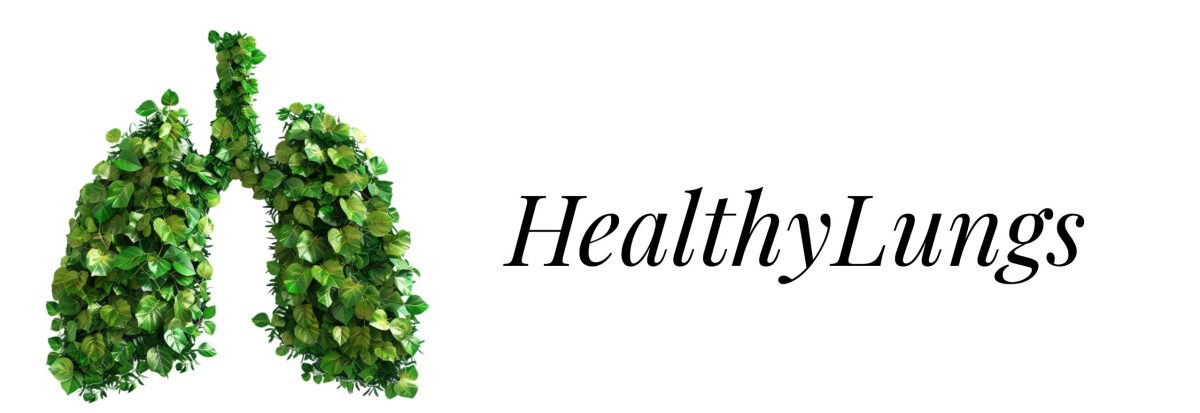Aspergillosis is a group of conditions caused by breathing in Aspergillus, a type of mold. Most people who breathe in Aspergillus mold do not get sick, but aspergillosis can develop in people with an existing lung condition or a weakened immune system. If you have any of these symptoms, it is important to see a doctor to get a diagnosis. Early diagnosis and treatment can help prevent the infection from spreading and causing serious complications.
What Are the Symptoms? There are several different types of aspergillosis, each with its own set of symptoms. The most common types are:
Allergic bronchopulmonary aspergillosis (ABPA):
This is an allergic reaction to Aspergillus mold, usually in people with asthma or cystic fibrosis.
Symptoms include: Coughing, wheezing, and shortness of breath.
Chronic pulmonary aspergillosis (CPA):
This is a long-term (chronic) infection in the lungs.
Symptoms include wheezing, shortness of breath, fatigue, and weight loss.
Invasive aspergillosis:
This is the most serious form of aspergillosis. It occurs when the infection spreads rapidly from the lungs to other parts of the body, such as the brain, heart, kidneys, or skin.
Symptoms include coughing up blood, fever, chills, headaches, chest pain, and shortness of breath.
Other types of aspergillosis include:
Aspergilloma:
This is a mass of fungus that grows in a pre-existing cavity in the lungs.
Symptoms include coughing up blood and shortness of breath.
Sinus aspergillosis:
This is an infection of the sinuses.
Symptoms include a stuffy nose, headache, and facial pain.
Skin aspergillosis:
This is an infection of the skin.
Symptoms include red, hardened patches of skin.
MORE IN DEPTH DETAILS AT Types of Aspergillus Infection
As you can see any of these symptoms could be any sort of illness but a skilled respiratory doctor, after taking into consideration your health history, will be able to diagnose whether or not you have aspgillosis
1. Persistent Cough: One of the most noticeable symptoms is a cough that doesn’t seem to go away. This cough may produce mucus and can be accompanied by blood in some cases.
2. Fever: A low-grade fever may occur, particularly if the infection is more severe and the body’s immune response kicks in.
3. Shortness of Breath: Difficulty breathing or experiencing shortness of breath can indicate that the lungs are affected. This is particularly concerning for those with pre-existing respiratory issues.
4. Chest Pain: Discomfort or pain in the chest can occur, often worsening with coughing or deep breaths.
5. Fatigue: Feeling unusually tired or weak is a common symptom of many infections, and aspergillosis is no exception.
6. Weight Loss: Unexplained weight loss may occur as the body fights off the infection and due to decreased appetite.
7. Sinus Issues: For those with allergic aspergillosis, symptoms may include nasal congestion, sinus pain, or frequent sinus infections.
Aspergillosis can be daunting, but remember that support is essential. Whether you’re a caregiver or someone experiencing symptoms, understanding the condition is the first step towards managing it effectively. Maintaining open communication with healthcare providers, seeking out resources, and connecting with community support can make a significant difference. By being informed about the symptoms of aspergillosis, you can take proactive steps to seek care when necessary. Early diagnosis and treatment can lead to better outcomes and improved quality of life.
NOTE:
I am an example of not having symptoms
I was diagnosed with the Aspergilloma type of Aspergillus. I found out about two years ago and doctors reckon I had it for around two years previously. I had had multiple chest xrays and a couple of CT scans in that time. Not sure how it was missed.
I did not have any symptoms till February I coughed up blood.
Fingers crossed ok since
“I wish it need not have happened in my time,” said Frodo.
“So do I,” said Gandalf, “and so do all who live to see such times. But that is not for them to decide. All we have to decide is what to do with the time that is given us.” – J.R.R. Tolkien









